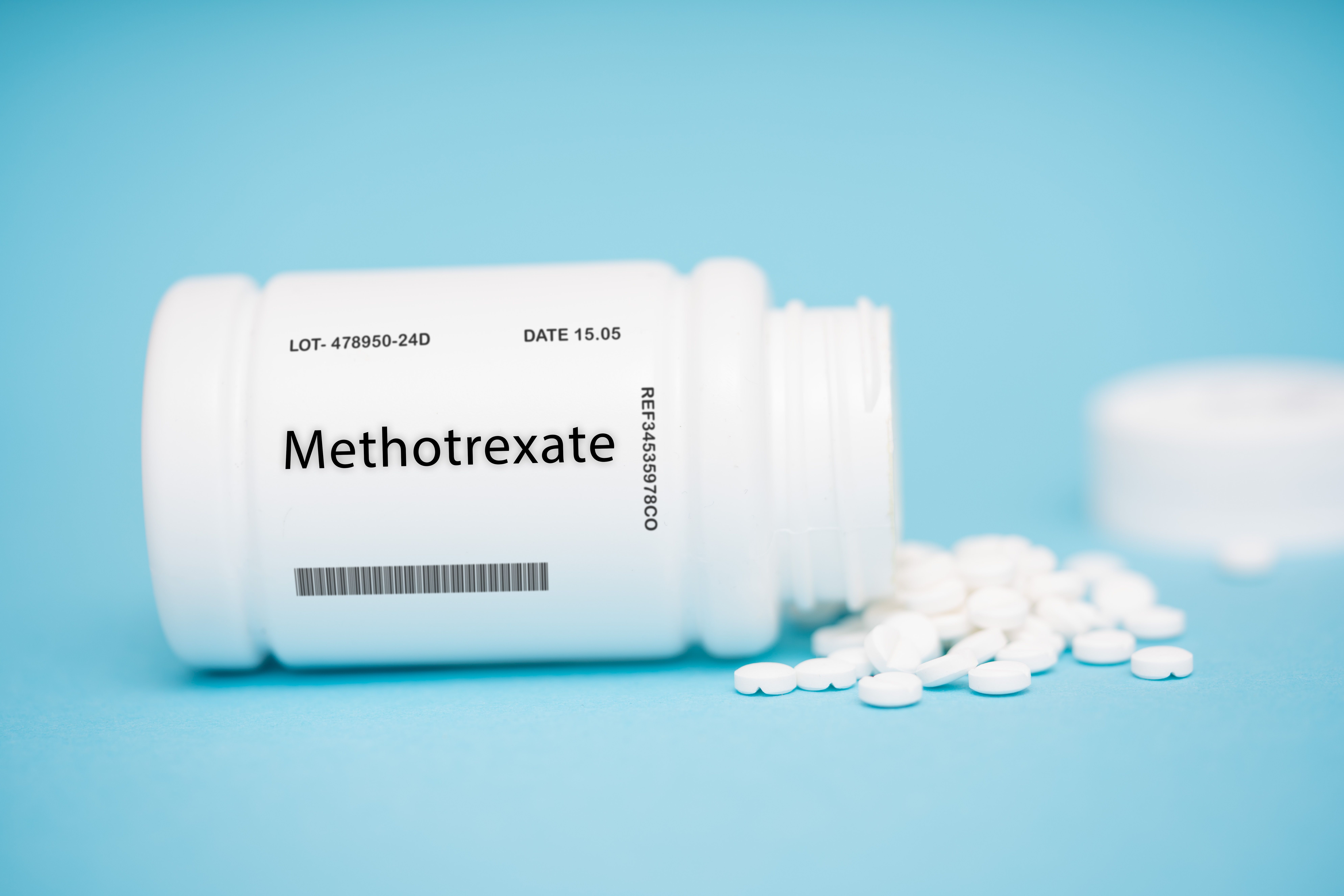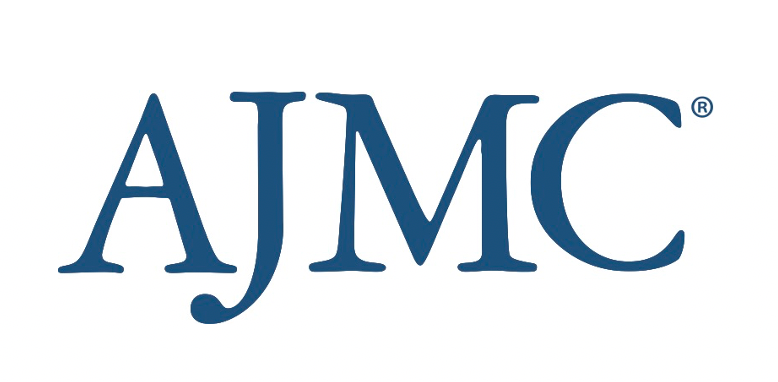News
Article
Link Between Skin Cancer and Immunosuppressants Needs Further Research
Author(s):
At the 2024 American Society of Clinical Oncology annual meeting, an abstract presenting real-world data stressed the need for further research regarding the association between immunosuppressant medication and the development of skin cancer.
Associations between immunosuppressant drugs and the development of skin cancer require further research; however, patients who carry preexisting risks for skin cancer should remain mindful of these treatment regimens, according to an abstract presented at the 2024 American Society of Clinical Oncology (ASCO) annual conference, held in Chicago, Illinois, from May 31 through June 4, 2023.1
Methotrexate, among other immunosuppressants, have been suggested to increase one's risk of skin cancer, but the causal relationship here is not fully understood | image credit: luchschenF - stock.adobe.com

Researchers have commonly explored the potential relationship between skin cancer and immunosuppressants. For example, a study published in Archives of Dermatological Research recently noted the need for a broader literature review to determine causal relationships between these medications and the development of skin cancer.2 The analysis focused on rates of cutaneous squamous cell carcinoma (cSCC), and the authors noted the lacking literature surrounding cSCC that reviews the medications indicated in the development of this skin cancer. In their study, they gathered data from the FDA Averse Events Reporting System (FAERS), and the analysis revealed that 17 out of the top 20 drugs associated with the development of skin cancer and listed this outcome as an adverse event also contained immunosuppressive properties.2 However, the authors of the abstract presented at ASCO contend that the exact link between these outcomes and immunosuppressants is not fully understood.1
To add to the literature exploring this link, Ananthaneni et al also gathered real-world data from the FAERS system. In their search, only publications that listed skin cancer as one of the patient’s adverse events were included. There were a total of 9 immunosuppressant drugs, belonging to various classes, that were shortlisted for this assessment. Analyzing these drugs, the authors utilized reporting odds ratios (RORs) to calculate disproportionality in how these drugs’ adverse events were reported.
The results demonstrated that sirolimus held the greatest percentage of reported drug-related skin cancer (30.11%). Following sirolimus was infliximab (23.91%), azathioprine (23.69%), cyclosporine (19.71%), adalimumab (16.79%), mycophenolate (16.77%), etanercept (15.69%), tacrolimus (14.07%), and methotrexate (10.95%).
Sirolimus also exhibited the highest ROR related to skin cancer (2.12; 95% CI, 1.88-2.39). In a similar trend, higher ROR was observed in infliximab (1.68; 95% CI 1.62-1.75) and azathioprine (1.54; 95% CI, 1.44-1.66), whereas etanercept (0.89; 95% CI, 0.85-0.93), tacrolimus (0.78; 95% CI, 0.74-0.83) and methotrexate (0.55; 95% CI, 0.52-0.57) rounded out the group with the lowest ROR percentages.
The authors advised taking caution with a sirolimus, infliximab, and azathioprine prescription if a patient already carries a risk for developing skin cancer. They added that, although methotrexate is also known to contribute to increased risks, their analysis revealed that it had the smallest chance of contributing to skin cancer compared with the different drugs listed in their study.
Although data such as theirs suggests that immunosuppressant treatments may lead to the development of skin cancer, they emphasized the need for further research—prospective studies in particular—to draw more concrete conclusions about this relationship.
References
1. Ananthaneni A, Jones S, Nadeem D, Moore S, Ghoweba M, Ramadas P. Immunosuppressant drug-associated skin cancer: A real-world pharmacovigilance database analysis. J Clin Oncol. 2024;42 (suppl 16):Abstract 21575. doi:10.1200/JCO.2024.42.16_suppl.e21575
2. Jean-Pierre P, Nouri K. A retrospective analysis of drugs associated with the development of cutaneous squamous cell carcinoma reported by patients on the FDA's adverse events reporting system. Arch Dermatol Res. 2024;316(6):250. doi:10.1007/s00403-024-03109-7





